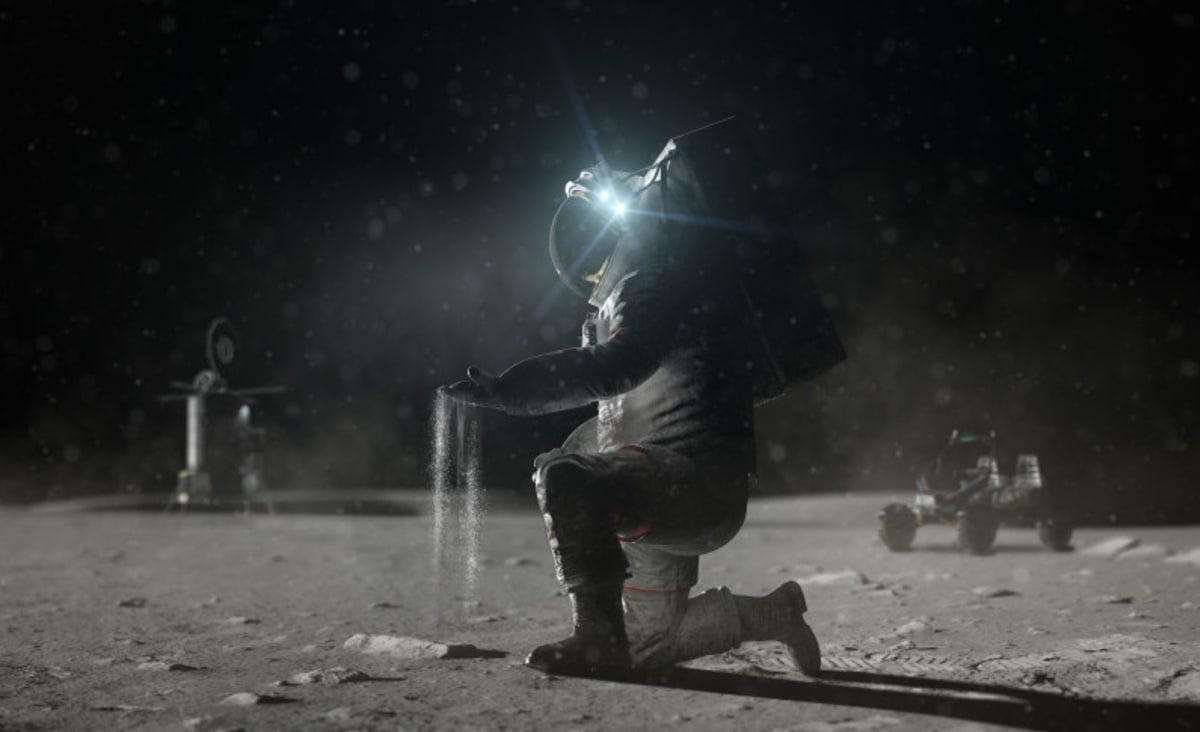
interestingengineering.com
Why 'Fixing Earth First' before Going to Space is a Mistake
Many people seem to think that spaceflight is a waste of money, but they couldn't be more wrong
Science & Tech
“Shouldn’t we fix Earth first?” This question is like a modified version of Godwin’s Law. One need only raise the subject of space exploration and humanity becoming a multiplanetary species in the near future, and someone is sure to ask it before long. In fact, it’s about as popular as “how come we can send astronauts to the Moon, but we can’t [insert problem here]?”
It’s not an unfair argument, and it certainly does seem well-intentioned. After all, why spend billions on various enterprises when poverty, hunger, homelessness, war, refugees crises, social injustice, and climate change are all around us? Wouldn't that money be better spent addressing these problems here at home?
But therein lies the problem. Whether it’s a matter of resources, priorities, or where we should focus our efforts, the assumption is that space-related activities take away from life here on Earth. But in truth, the advent of spaceflight and space-related research and development has benefitted humanity in innumerable ways.
In terms of technological applications, in terms of scientific advancement, in terms of medicine and health care, in terms of knowledge and inspiration, going to space has allowed us to grow as a species. It has taught us to appreciate what we have, and what we could become, and has allowed us to do things previous generations could only dream of.
The argument that going to space and dealing with problems at home is mutually exclusive is an enduring one. In fact, one can find examples of this criticism going all the way back to the dawn of the Space Age. For those who grew up during the "Space Race," the speech delivered by President John F. Kennedy at Rice University in 1962 is sure to be familiar:
"We choose to go to the Moon! We choose to go to the Moon in this decade and do the other things, not because they are easy, but because they are hard; because that goal will serve to organize and measure the best of our energies and skills, because that challenge is one that we are willing to accept, one we are unwilling to postpone, and one we intend to win..."
These rousing words were fondly remembered when, just seven years later, Neil Armstrong and Buzz Aldrin became the first humans to ever set foot on another celestial body. There too, famous words were spoken that become an instant source of inspiration:
"That’s one small step for a man, one giant leap for mankind.”
And let's not forget the words that appear on the Lunar Plaque, which was mounted on the ladders of every Apollo Lunar Module. "Here men from the planet Earth first set foot upon the Moon July 1969, A.D. We came in peace for all mankind." These words still reside at the Apollo Landing site in the Sea of Tranquility.
But would it surprise you to know that there was actually considerable opposition to the Apollo Program, despite these accomplishments? According to Roger D. Launius, who served as NASA's Chief Historian between 1990 to 2002 and was the Associate Director of the National Air and Space Museum until 2017, the majority of Americans did not support going to the Moon.
As he wrote in a 2003 essay titled "Public opinion polls and perceptions of US human spaceflight":
"[M]any people believe that Project Apollo was popular, probably because it garnered significant media attention, but the polls do not support a contention that Americans embraced the lunar landing mission. Consistently throughout the 1960s a majority of Americans did not believe Apollo was worth the cost, with the one exception to this a poll taken at the time of the Apollo 11 lunar landing in July 1969. And consistently throughout the decade 45-60 percent of Americans believed that the government was spending too much on space, indicative of a lack of commitment to the spaceflight agenda."
Much of the opposition was motivated by the social upheaval taking place in the US during the 1960s. At a time when the Civil Rights Movement was fighting against segregation, and many African-Americans were struggling at the margins of society, many saw the Apollo Program as a glaring example of the federal government's misplaced priorities.
























































